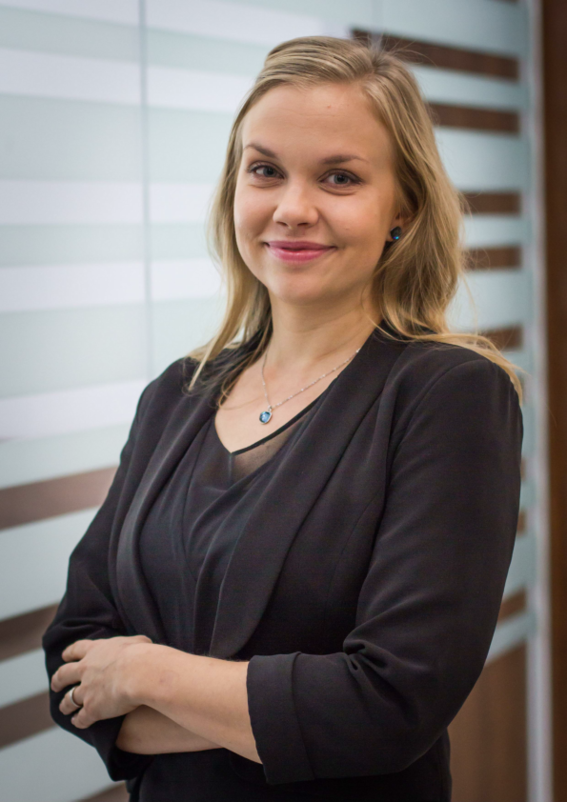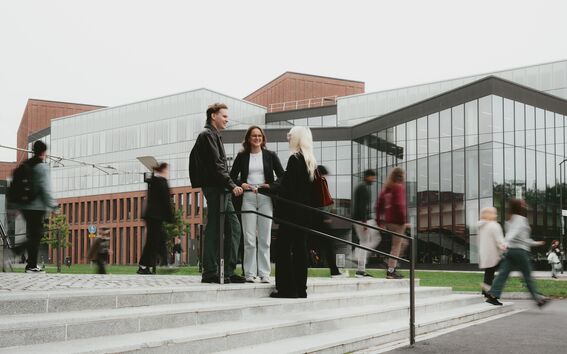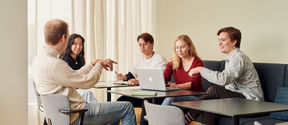In your opinion, what has been most useful regarding your career?
Out of the many useful points of learning from Mikkeli, one particularly helpful for me was the high amount of presentations to become confident in presenting. Now in my academic work, I have continued taking any opportunity to present my ideas to different audiences. This helps me shape the argument and framing the idea through feedback.
When presenting, you also learn to be vulnerable in front of others, which is a great way to learn to leave your ego in the corridor and focus on how you can improve upon. Openly asking for feedback and not being defensive when receiving it (applies beyond presenting) is important because others can point out your blind spots and speed up your professional development. Although in the beginning I remember finding presenting nerve racking, nowadays I almost can’t wait to see what others react to and what type of critique they come up with. And when those uncomfortable feelings still arise, I comfort myself by thinking that now others work for me - for free!
What is your advice for students interested in working during their studies?
I worked during my studies and although I remember being sometimes quite tired from both studying and working, it taught me about time management and prioritizing. As things get done when there is just slightly too little time left, having to balance between work and studies made me having to decide how much time is needed to accomplish everything and at what level.
For students I would like to say that do not worry too much even if you would not get “the dream job” right away because in many jobs, you often learn important soft skills, which are in high demand. For example, when I conducted my PhD research and interviewed many experts in different firms, although these were technical experts, already when asking them to define expertise, they emphasized that having high amount of technical expertise is useless if you are not willing and able to share it with others in a way that others can understand. For this reason, firms are always on the lookout for people who know how to collaborate with different people, can communicate clearly, and who have invested in having good self-management skills. The last point is particularly important when working from home and it is your own responsibility to get things done.
Overall, I think that working alongside studies demonstrates to the next employer that you are hardworking, can handle stress and juggle between multiple demands at the same time, and according to my experience, employers appreciate that kind of “can do” attitude.













